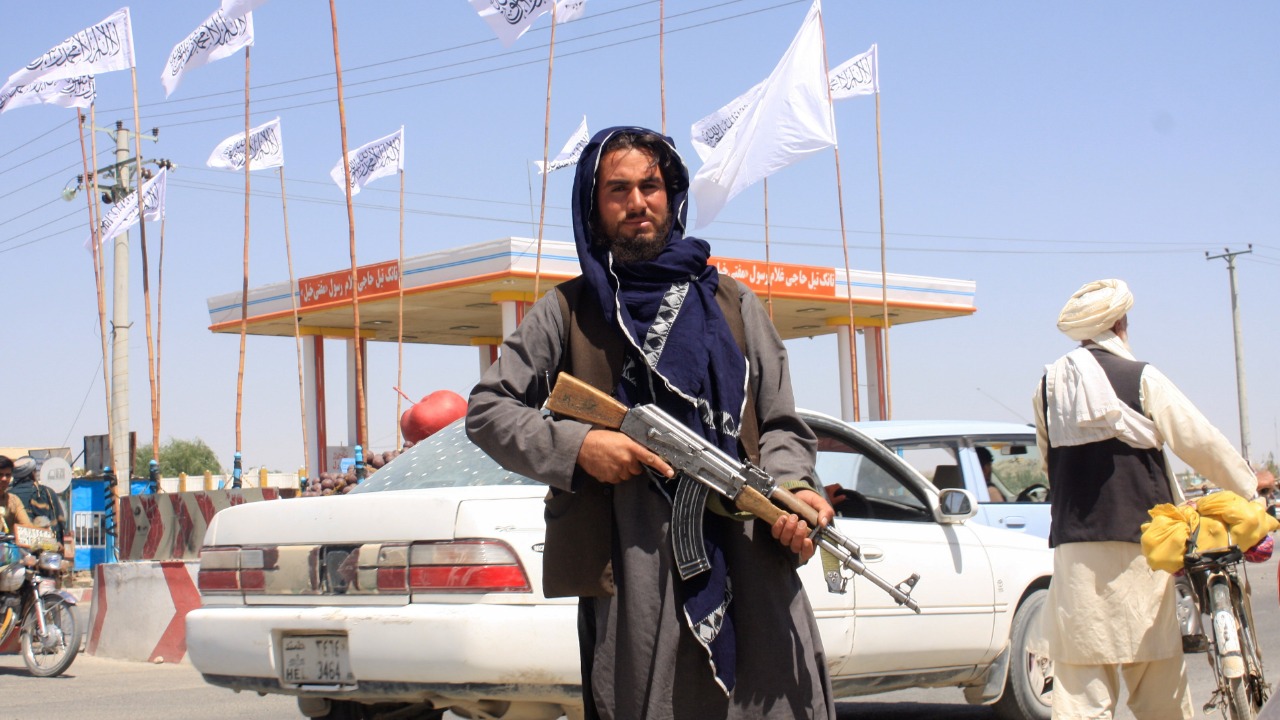
Leverage Paccistans seem to have declined after the Taliban takeover in mid-August 2021, while new irritants have emerged, according to reports by the International Crisis Group (ICG).
Pakistan’s efforts to secure their borders with Afghanistan, to prevent the entry of refugees and infiltration by Pakistani militants based in Afghanistan, have become a point of dispute, the report said.
The real rejection of the Taliban to disconnect with their Pakistani colleagues, Tehreek-e-Taliban Pakistan (TTP), even more than Islamabad’s concern.
The Taliban, in fact, at least initially appeared in several ways to dictate Pakistani policy choices, forcing Islamabad to recognize at least several demands in cross-border movements and pressing it to achieve a settlement negotiated with Pakistan Taliban.
Islamabad has a difficult choice for needed to facilitate Western sanctions and end diplomatic insulation officers,” said the report.
That the influence of Pakistan with the Taliban has decreased after the group seizes power to complicate more things.
Pakistan faces a difficult challenge in forming a policy towards the Taliban-controlled Afghanistan. Although Pakistan continues to support Afghan allies, the Taliban military takeover and the next diplomatic and economic isolation can make the new Afghan government more than a burden than assets for Islamabad, he added.
Calacized instability and economic difficulties can cause poor Afghans to seek protection in Pakistan. The Islamabad Alliance with the Taliban can also tense relations with the US and other Western countries. Most importantly, the failure of the Taliban to take action against Pakistani militants operating from the Afghanistan region can endanger Pakistani internal security, the report said.
Islamabad’s doubts to take plunge this time are mainly driven by fears that no other government throughout the world, including other neighboring Afghanistan, has not taken a step of recognition.
Pakistan’s unilateral action is likely to plan relationships with strong Western countries, especially the US, Islamabad also realizes that the recognition itself will do a little to alleviate the Taliban diplomatic and economic insulation.
Islamabad is very conscious, however, that the Taliban must also ease international concerns regarding governance and security if Western pressure will arrive.
While Pakistan pushed the Taliban to choose at least for an inclusive government façade and show at least a token of respect for basic rights, the Taliban had not heeded his advice. Islamabad has not succeeded in convincing militant groups – which changes – the government to destroy relations with Afghan-based jihad clothing such as Al Qaeda, the report said.
Worried about such a taplash in the Taliban, even countries such as Iran, China and Russia who chose closer involvement with the Taliban government could not officially recognize it in the near future. The chances are even lower that the US and the Western allies will recognize the Taliban government and raise all sanctions during the Taliban do not show the willingness to compromise.
Given its proximity to the Taliban, Islamabad can face Western pressure, aim to force it to work harder in convincing Afghanistan allies to respond to international demands more positively. Cooler relationship with a.s. Can be very heavy given the weight of Washington in international financial institutions, such as the world world and international monetary funds, where Pakistan depends on sustaining its floating economy, ICG said.

